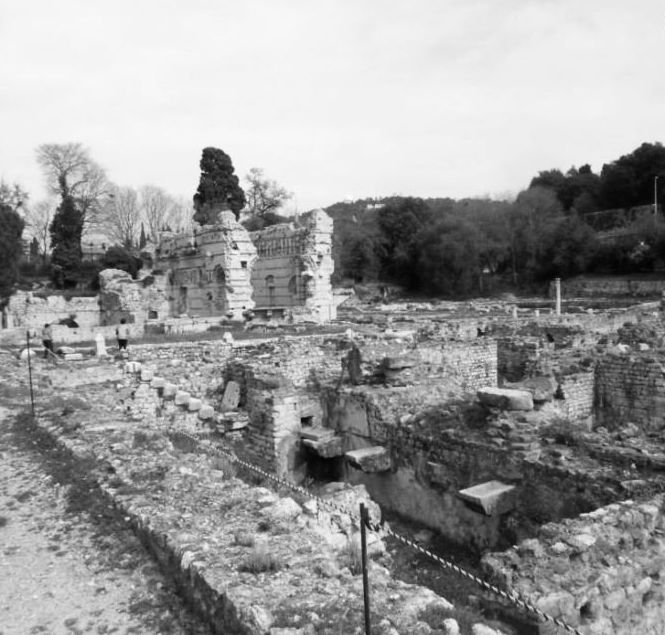
Synopsis:
The life of Lycurgus the lawgiver of Sparta is mostly legendary in character – and Plutarch admits this much in his biography of him. Accordingly, Plutarch dedicates much of his biography of Lycurgus to the Spartan city-state and the constitution which Lycurgus created. In this way, Plutarch keenly balances the mythical context with his own reflections on the enduring institutions which Lycurgus devised.
Excerpts:
“The Egyptians say that he took a voyage into Egypt, and that, being much taken with their way of separating the soldiery from the rest of the nation, he transferred it from them to Sparta, a removal from contact with those employed in low and mechanical occupations giving high refinement and beauty to the state.
“Amongst the many changes and alterations which Lycurgus made, the first and of greatest importance was the establishment of the senate, which having a power equal to the king’s in matters of great consequence, and, as Plato expresses it, allaying and qualifying the fiery genius of the royal office, gave steadiness and safety to the commonwealth.
“A third ordinance of Rhetra was, that they should not make war often, or long, with the same enemy, lest that they should train and instruct them in war, by habituating them to defend themselves.
“The senate, as I said before, consisted of those who were Lycurgus’s chief aiders and assistants in his plans. The vacancies he ordered to be supplied out of the best and most deserving men past sixty years old.
“Aristocrates, the son of Hipparchus, says that he died in Crete, and that his Cretan friends, in accordance with his own request, when they had burned his body, scattered the ashes into the sea; for fear lest, if his relics should be transported to Lacedaemon, the people might pretend to be released from their oaths, and make innovations in the government.
*All excerpts have been taken from Plutarch’s Lives – Vol. I, Modern Library.

